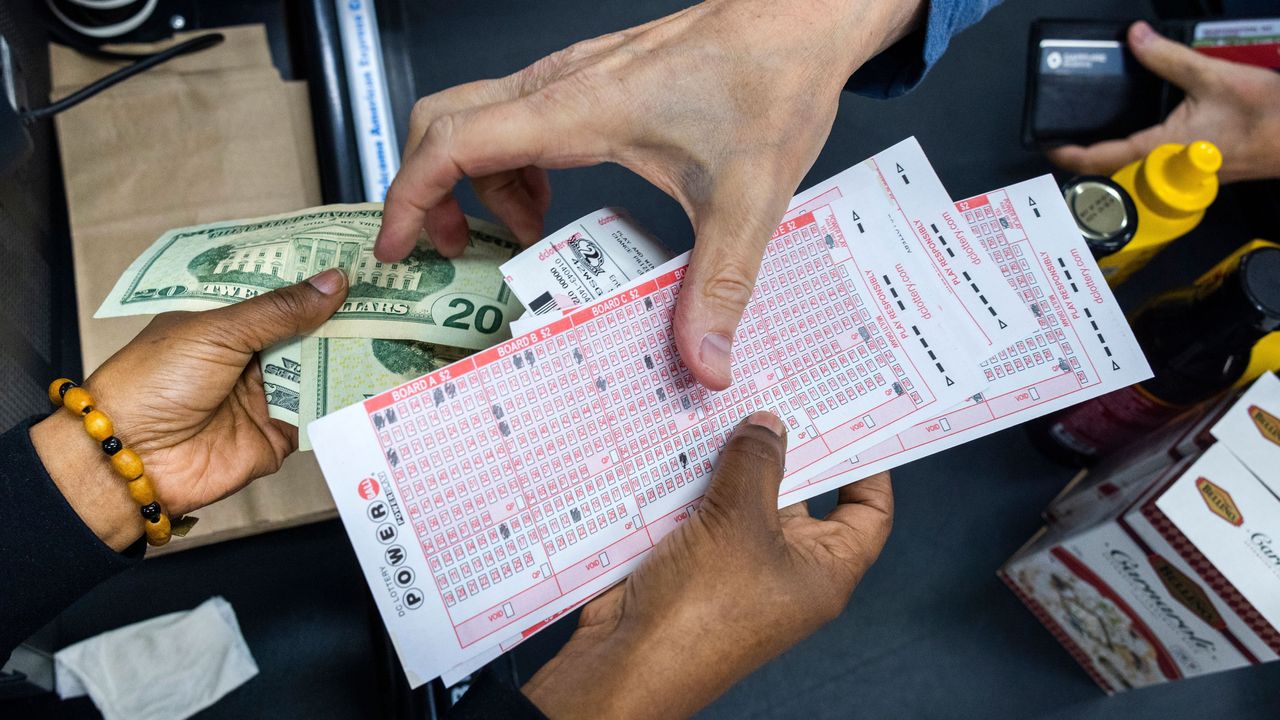In the realm of gambling, few things capture the imagination quite like the lottery. It’s a game where, for just a few dollars, anyone can buy a ticket and dream of hitting the jackpot — a life-changing windfall that promises to transform the lucky winner’s life in an instant Koitoto. But behind the glittering allure of instant wealth lies a complex web of psychology, statistics, and societal impact.
The Allure of the Jackpot
Lotteries are often called the “tax on the poor” due to their disproportionate appeal to lower-income individuals who see them as a path to financial freedom. This perception is fueled by enticing marketing campaigns that promise a chance at millions for the price of a coffee. These ads, often featuring smiling winners holding oversized checks, reinforce the dream that anyone can strike it rich.
The Psychological Pull
Psychologically, lotteries play into deep-seated human desires: the longing for financial security, the thrill of chance, and the hope for a better future. The chance of winning is minuscule, but the allure of the possibility is potent. Studies have shown that even thinking about winning activates the brain’s reward system, triggering a rush similar to that of addictive substances.
The Harsh Reality
Despite these dreams, the odds are stark. Winning the lottery is incredibly unlikely — more people are struck by lightning each year than win a major lottery jackpot. For many, the lottery becomes a habitual expense, draining money that could be used for more practical purposes.
The Impact on Society
Lotteries, often state-sponsored, generate billions in revenue that are earmarked for various public initiatives, such as education and infrastructure. However, critics argue that this revenue comes at a high cost: exploiting the dreams of the financially vulnerable and perpetuating a cycle of poverty. Moreover, studies suggest that lottery participation is highest in communities with lower socioeconomic status, amplifying existing inequalities.
The Dark Side
The dream of winning big can also turn into a nightmare. Stories abound of lottery winners who squandered their fortunes on extravagant lifestyles, ended up bankrupt, or faced personal tragedies brought on by newfound wealth. The psychological toll of suddenly acquiring vast sums of money can be profound, straining relationships and leading to unforeseen challenges.
A Balanced Perspective
Despite these risks, for some, the lottery represents a harmless form of entertainment and a chance to indulge in daydreams of financial freedom. Many players are fully aware of the long odds but choose to play responsibly, treating it as a form of entertainment rather than an investment.
